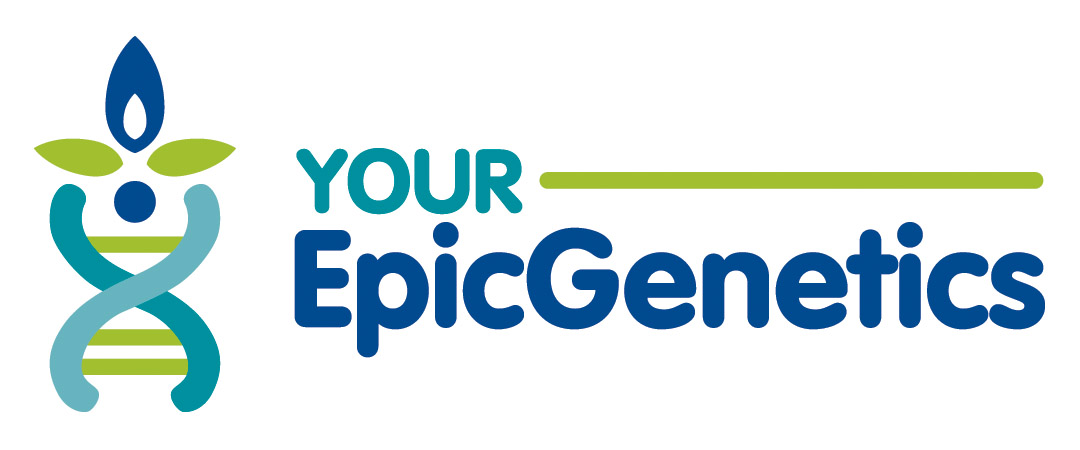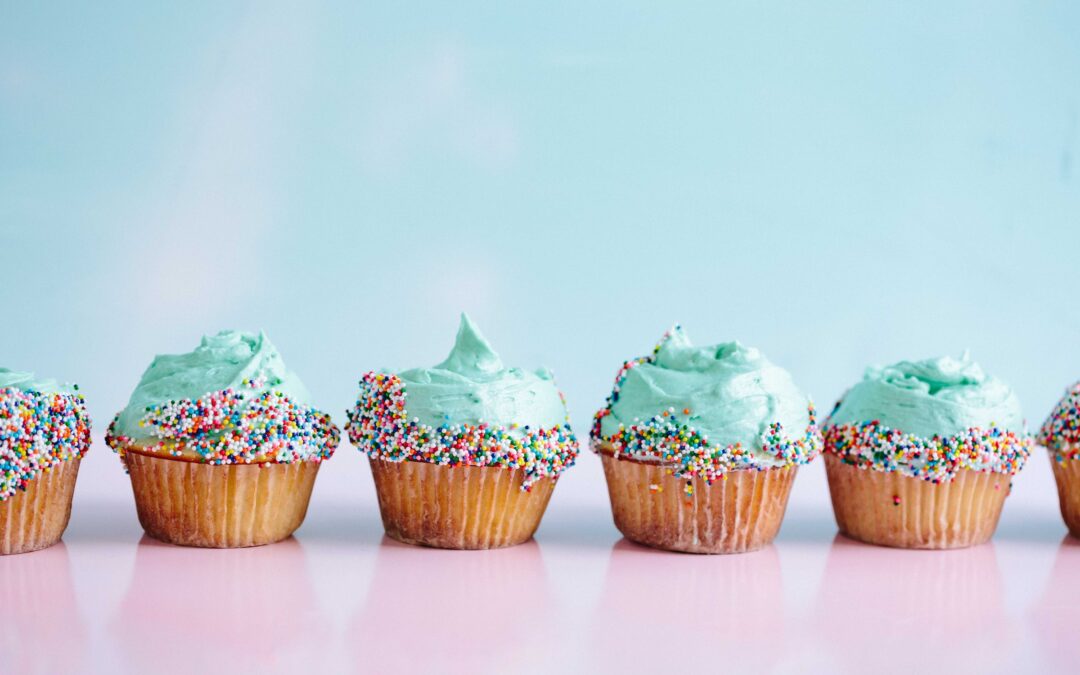Cut the Sugar Cravings with These Five Tips
Have you ever had a sugar craving so intense that you feel shaky, uncomfortable, or off until you eat something sweet?
If you answered yes, and you’ve been in the position where a sugary treat is required to feel normal, you’re likely dealing with imbalanced blood sugar*.
Here’s the typical cycle of imbalanced blood sugar:
- You crave something sweet or caffeinated
- You satisfy the craving and your blood sugar spikes
- Shortly thereafter you feel shaky and off which signals low blood sugar
- You crave something sweet or caffeinated again
- Now you’re stuck in the vicious cycle of blood sugar peaks and valleys
I work with my clients in a diligent and strategic manner to help them restore blood sugar balance and ditch sugar cravings. Stay connected, and receive your Anti-Inflammatory Recipe Collection.
When you’re ready to step off the blood sugar roller coaster, here are five ways to stop sugar cravings in their tracks:
1) Focus on incorporating good-quality protein and fat throughout the day.
These macronutrients will fuel your body and support your system to naturally regulate blood sugar levels. Choose organic, pasture-raised eggs and animal protein like grass-fed beef or organic, pasture-raised poultry, organic, whole-fat dairy options like yogurt or cheese, wild-caught seafood, and plant-based options like nuts or seeds, such as chia, hemp, or flax. Recognize that all of these foods have both protein and fat naturally occurring (thanks, Mother Nature!).
2) Avoid regular consumption of refined sugars and processed carbohydrates.
Refined sugars and processed carbohydrates are foods like muffins, candy, desserts, pizza, pasta, most cereals, store-bought bread, etc. While these foods are ok to indulge in from time to time, choosing these foods throughout the day will feed into the vicious cycle of blood sugar spikes and crashes.
3) Ensure you’re properly hydrated.
Research has shown that dehydration is associated with blood sugar dysregulation which leads to intense sugar cravings (1). To combat sugar cravings, be sure to include hydrating beverages like high-quality filtered water, non-caffeinated herbal tea, or bone broth. As a general rule of thumb, aim for half your body weight in fluid ounces. For example, if you weigh 140 lbs, aim for 70 fluid ounces of hydrating beverage per day.
4) Exercise regularly.
Whether you choose aerobic exercise like walking or biking, resistance training with dumbbells or body weight, or a combination of exercises, incorporating regular physical movement improves glucose regulation (2). Aim to exercise 3-5 times per week for a total of 150 minutes.
5) Obtain adequate sleep.
Research suggests that sleep loss can lead to impairments in glucose metabolism and increases in insulin levels, which could increase the risk of the development of diabetes (3). Partial sleep deprivation is also associated with changes in appetite-regulating hormones, leptin and ghrelin, and these changes would indicate an increase in appetite, which may lead to increased food intake and weight gain (4). Aim for 7.5-8 hours of sleep per night. Please note that if you’re in a season of life where this is not possible, do the best you can to incorporate as much sleep as you can, whenever you can.
In Closing
Incorporating good-quality proteins, healthy fats, proper hydration, regular exercise, and restorative sleep are all lifestyle shifts that will help you feel balanced and healthy.
If all of this feels too overwhelming at once, not to worry. Start by choosing one habit to focus on and stay consistent to see positive results!
When working with my clients, blood sugar imbalance is one of the possible underlying issues of chronic inflammation that we look to resolve.
Functional tests, such as blood chemistry, stool microbiome testing, and food sensitivity testing help to put together the initial pieces of the puzzle so that we can get to the bottom of what is driving the chronic inflammation.
Connect With Me and Next Steps
Stay connected, and receive your Anti-Inflammatory Recipe Collection.
Feeling fatigued during the day? Overwhelmed and feeling anxious? Experiencing digestive issues, acne, or desiring a more balanced mood? Ready to take action? Schedule your Discovery Session now.
xo Neeley at Your Epic Genetics
This information is being provided to you for educational and informational purposes only. It is being provided to you to educate you about healthy eating and living and as a self-help tool for your own use. It is not medical or psychological advice. This information is to be used at your own risk based on your own judgment.
For my full Disclaimer, please go to https://yourepicgenetics.com/index.php/disclaimer/
SOURCES
1-Johnson EC;Bardis CN;Jansen LT;Adams JD;Kirkland TW;Kavouras SA; “Reduced Water Intake Deteriorates Glucose Regulation in Patients with Type 2 Diabetes.” Nutrition Research (New York, N.Y.), U.S. National Library of Medicine, https://pubmed.ncbi.nlm.nih.gov/28739050/.
- Kirwan, John P, et al. “The Essential Role of Exercise in the Management of Type 2 Diabetes.” Cleveland Clinic Journal of Medicine, U.S. National Library of Medicine, July 2017,www.ncbi.nlm.nih.gov/pubmed/28708479.
3,4. Knutson, Kristen L. “Impact of Sleep and Sleep Loss on Glucose Homeostasis and Appetite Regulation.” Sleep Medicine Clinics, U.S. National Library of Medicine, June 2007, https://www.ncbi.nlm.nih.gov/pmc/articles/PMC2084401/.


Recent Comments